China is looking at introducing tough controls on its carbon pollution as soon as 2016, the Financial Times, PointCarbon and the UK Independent have reported over the past day.
The FT calls it a “shift that could boost talks on a global agreement to curb greenhouse gas emissions.”
China, which accounts for nearly a quarter of global carbon dioxide emissions, has resisted international pressure to commit to absolute cuts in its emissions. Having said this, it is launching seven pilot emissions trading schemes in several provinces 2013-14, which although cover only a fraction of China’s total emissions, will add up to the second largest emissions trading scheme in the world.
The pilot schemes are expected to cover 700 million tonnes of CO2e by 2014. That’s compared to Australia’s 382 million tonnes; or 165 million tonnes in California and 2.1 billion tonnes in Europe.
New reports add that China’s powerful economic planning ministry is considering an outright cap on emissions for its next five-year plan (2016-20) and is studying what level would be appropriate.
The FT says this could help to break a deadlock at the heart of UN climate talks, which are aiming to agree a legally binding global deal on cutting emissions — at a 2015 meeting in Paris — that would take effect from 2020.

